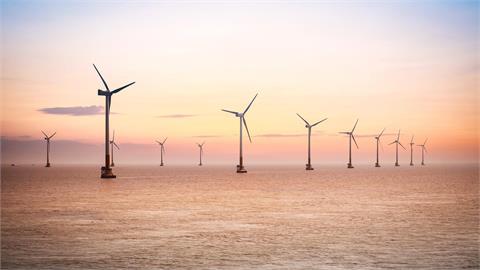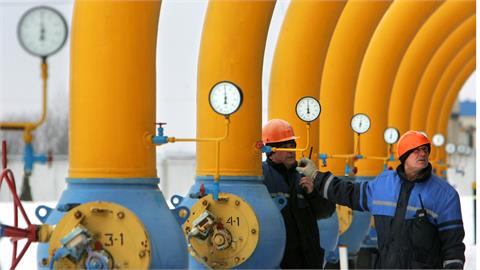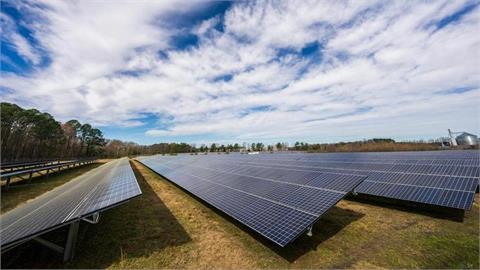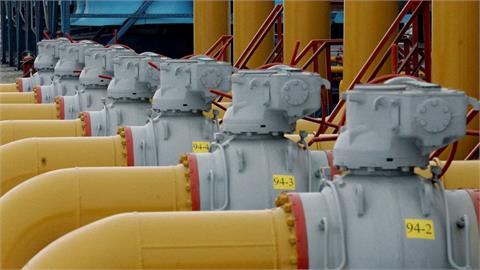Google signed agreements to purchase additional renewable energy from three new wind farms in Finland totaling 190 megawatts, the company announced Tuesday.
The power purchase agreements (PPAs) were signed with three of Europe's leading renewable energy developers, CPC and WPD of Germany, and French Neoen, according to a press release. The PPAs "will add new renewable capacity to the same grid where we draw power for our data center in Hamina [about 90 miles east of capital Helsinki]," the statement said.
Google added that the PPAs were the company's first such deals in the country "from projects that will not receive any government subsidy, demonstrating that, in a growing number of locations, the cost of new renewable energy is competitive with the cost of power from the grid".
The company recalled that it reached its 100 percent renewable energy purchasing goal last year, "meaning that we matched 100 percent of the electricity consumption from our global operations—including both our data centers and our offices—with renewable energy purchased in the markets where we operate".
The statement also said as Google continues to grow the company needs to keep up renewable energy purchases to meet its energy goal. To this end, the company has signed 14 purchase agreements in Europe totaling nearly 900 MW of wind and solar capacity.
The company said purchasing renewable energy was not just part of its commitment to growing its operations sustainably, but it also made good business sense as long-term, fixed-price contracts reduced exposure to volatile fuel prices.
Google's renewable energy purchases also brought benefits in the form of jobs and economic activity to communities where the projects were developed and built, the company said, adding to date, Google's PPAs in Europe had enabled €1 billion in investments in renewable energy.
"We're excited to be playing a role in accelerating Europe's clean energy transition. As the world's largest corporate buyer of renewable energy, we'll continue to do our part to scale renewables in Europe—through innovative transactions and policy engagement," Google concluded.



